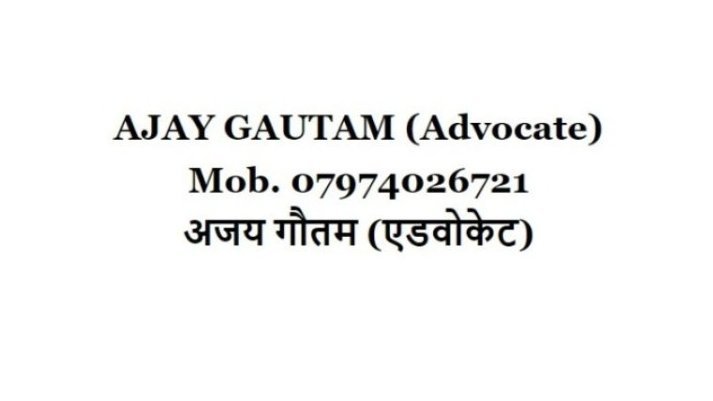Kesavananda Bharati v. State of Kerala is related to what?
Kesavananda Bharati v. State of Kerala (1973) is related to the Basic Structure Doctrine.
In this landmark judgment, the Supreme Court held that:
-
Parliament can amend any part of the Constitution,
-
but it cannot alter or destroy the “basic structure” of the Constitution.
This case is considered one of the most important constitutional decisions in India.
Kesavananda Bharati v. State of Kerala is a landmark case in Indian constitutional law primarily related to the Basic Structure Doctrine. The case arose when Kesavananda Bharati, the head of a religious institution (Edneer Mutt) in Kerala, challenged the Kerala government’s land reforms under the Land Reforms Act, claiming violations of his fundamental rights, especially the right to property.
The Supreme Court, in a 7-6 majority decision, held that while Parliament has wide powers to amend the Constitution under Article 368, it cannot alter the “basic structure” or essential features of the Constitution. This means constitutional amendments that damage or destroy the fundamental framework or core principles of the Constitution are unconstitutional. The judgment asserted that the Constitution’s underlying architecture, including fundamental rights and secularism, is inviolable and must be preserved despite Parliamentary amendments.
Thus, the case established the Basic Structure Doctrine, limiting the power of Parliament to amend the Constitution in a way that would destroy its essential features, safeguarding fundamental rights and constitutional principles from being abrogated by amendment laws.
